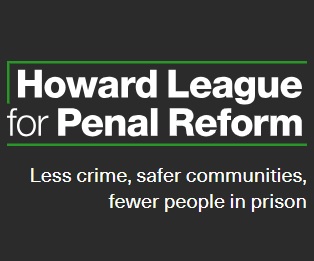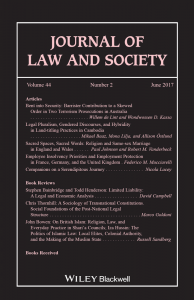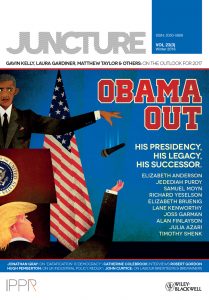Tweeting Abolition in an Age of Mass Incarceration and Social Unrest, Part I: What is Abolition?
For many people in the United States and the world over, 2020 was a pivotal year for learning about and engaging in radical protests against extrajudicial killings of Black and Latinx people by police officers. It was a year that brought a lot of attention to the now common slogan “defund the police,” especially after Minneapolis police officer Derek Chauvin killed George Floyd. As the world had also come to a screeching halt because of the global Coronavirus pandemic, with...


















1099-0860/asset/NCB_logo.gif?v=1&s=40edfd0d901b2daf894ae7a3b2371eabd628edef)
